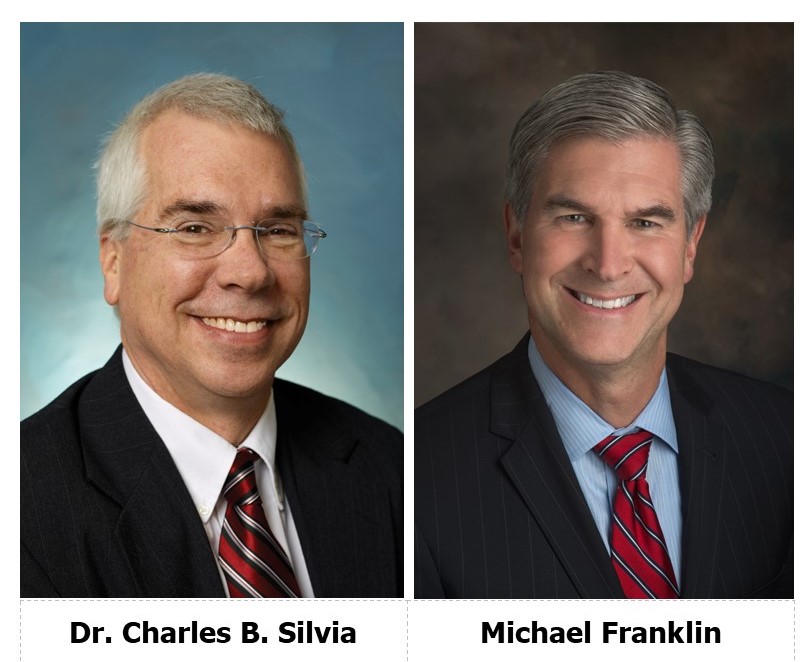
Charter class of physician assistant graduate students enrolls
Thursday, August 27, 2020
With a nation transfixed by a pandemic that’s disrupted every aspect of life, the University of Maryland Eastern Shore welcomed a charter class this fall to its new graduate-level physician assistant program.
Seventeen students – including four from Maryland and two from Delaware – will spend the next three years pursuing credentials that will prepare them for the front lines of healthcare at a critical time in history.
“I witnessed issues within my community, alarmingly more so among the youth aging from 12-21, which compelled me to research and observe these difficulties in our community that warrant help,” Maresha Carrie of Irving, Texas said.
“I have volunteered with ‘at risk’ youth who suffered from mental health issues, from being raped, verbally abused, beaten, harassed, wrongfully stereotyped, and accused,” Carrie said. “I want to be someone that these types of individuals can trust as well as be an example for those who need to know that anything is possible.”
Just as the university transitioned mid-spring to online instruction, the Accreditation Review Commission on Education for the Physician Assistant announced in March UMES had met standards to start training the next generation of medical professionals.
Physician assistants “diagnose illness, develop and manage treatment plans, prescribe medications, and often serve as a patient’s principal healthcare provider,” according to the American Academy of PAs. “With thousands of hours of medical training, PAs are versatile and collaborative” … and “practice … in every medical setting and specialty, improving healthcare access and quality.”

Leading UMES’ program is Dr. Tiffany S. Maxwell, who has recruited a half-dozen colleagues to form the core of the physician assistant department’s faculty. All seven also maintain eligibility to practice clinically, which Maxwell said is standard.
Maxwell described conducting a five-day orientation the first week of August as “a challenge.”
“Although we definitely emphasized physical distancing,” Maxwell said. “We did not want to take away the professor / student relationship that occurs in PA school.”
New students were issued the full complement of personal protective equipment for on-campus instruction and field work that counterparts who examine and care for patients with COVID-19 wear in the field.
The pandemic “has made us evaluate everything we do as educators, and medical professionals,” Maxwell said.
The first day of class is Aug. 31.
As is the case with new physician assistant programs, UMES’ accreditation is a five-year provisional credential. By year three, Maxwell said she’s hopeful a large pool of applicants will yield 30 students.
Students in UMES’ program are pursuing a Master’s of Medical Science in Physician Assistant Studies, which will require an estimated 2,000 hours of intense training that will include eight clinical rotations with community partners.
“A local PA program is a great asset to our community’s young adults,” said Dr. Charles B. Silvia, Peninsula Regional Medical Center’s vice president of Medical Affairs and Chief Medical Officer. “If you want to be in the healthcare field as a provider of medical care and don’t either want to commit the years of training required to be a physician, or can’t afford to do so, becoming a PA is a great choice.”
Michael Franklin, president and chief executive officer of Atlantic General Hospital in Berlin, said, the University of Maryland Eastern Shore’s PA program “will expose future advanced practice providers to the culture of our region, forging bonds that will make the decision to remain here to practice medicine much easier, thereby helping to meet one of our greatest needs over the next decade.”
The University of Maryland Shore Regional Health’s medical center in Easton “has participated in the training of physician assistants in the past few years and our physician practices in several specialties have added PA’s to their practitioner teams,” said Dr. William Huffner, chief medical officer and senior vice president. “Going forward, we anticipate more growth in this area, as advanced practice providers play an important role in many aspects of patient care.”
Added Silvia; “A local PA program benefits our PRMC hospital system by supplying providers to care for our community. As we train these students, we are able to evaluate how good they are – and hopefully make them excellent clinicians – and decide where some of them could fit into our system or somewhere in our region.”
As UMES President Heidi Anderson noted when she announced in April the university secured accreditation of physician assistant training, “every county on the Eastern Shore of Maryland is designated as medically under-served or a Health Professions Shortage Area.
“Having more physician assistants is vital for our communities,” Anderson said.

